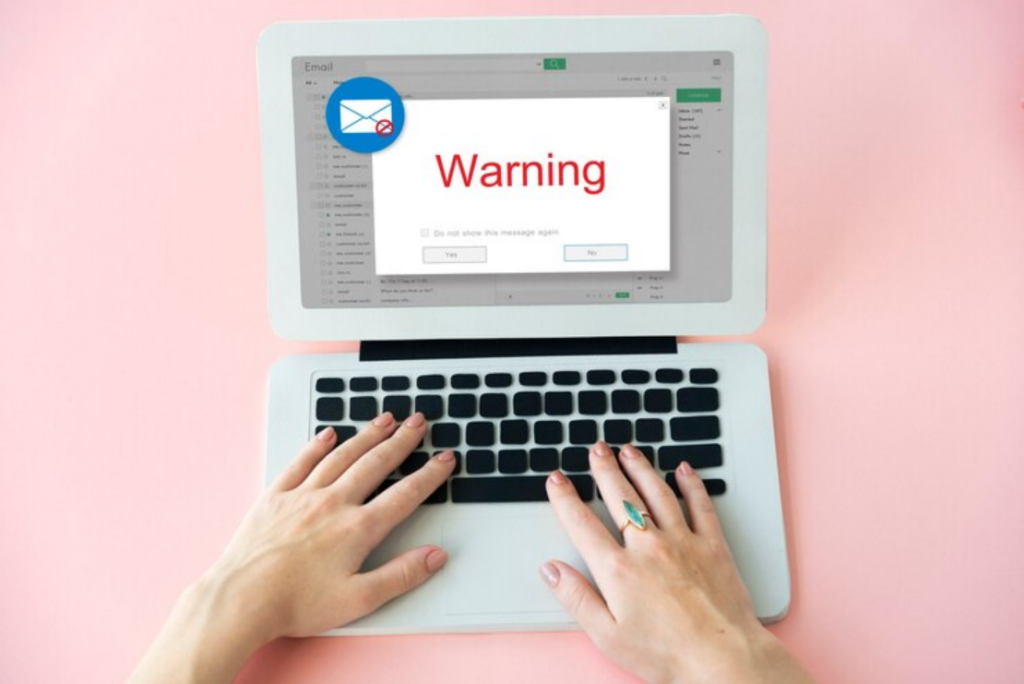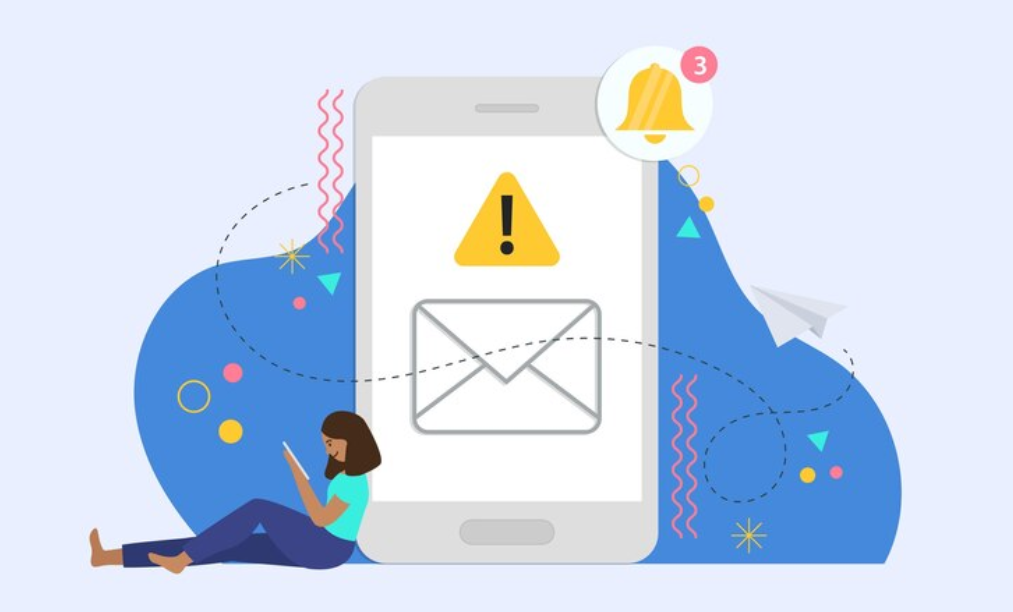Warning: Illegal Email Outreach in Germany Could Cost You Big – Here’s What You Need to Know About Lead Generation!
Germany is an attractive market for businesses seeking expansion. With a large economy and a robust demand for innovative products and services, it’s a prime destination for companies looking to scale. However, lead generation in Germany is fraught with legal challenges that businesses need to be aware of—especially when it comes to cold email outreach.
Under the UWG Gesetz gegen den unlauteren Wettbewerb (Unfair Competition Act), cold emailing isn’t just discouraged—it’s outright illegal without explicit consent. Sending unsolicited emails in Germany could easily lead to a cease-and-desist notice or even hefty fines.
In this article, we’ll explore the legal restrictions imposed by the UWG and how they impact lead generation efforts in both B2B and B2C markets. We’ll also examine the tools that are illegal under German law and offer practical alternatives for businesses to generate leads in a compliant and effective way.
What is the UWG and Why Should You Care?
The UWG Gesetz gegen den unlauteren Wettbewerb—translated as the Unfair Competition Act—is a piece of German legislation designed to protect consumers and businesses from unfair or deceptive marketing practices.
Unlike GDPR, which focuses on data privacy and applies across the European Union, the UWG specifically regulates marketing practices within Germany. Its primary aim is to prevent misleading, aggressive, or otherwise unfair commercial tactics.
One key aspect of the UWG is its strict rules regarding unsolicited communication, particularly email outreach. Under the UWG, businesses are prohibited from sending unsolicited emails to individuals or businesses without prior consent. This applies across both B2C and B2B markets. If you’re caught violating this rule, you may receive a cease-and-desist letter (Abmahnung) along with fines, and repeat offenses could lead to even more severe penalties.
For more detailed legal information, you can refer directly to the UWG Gesetz.
Why Email Outreach Tools Like Instantly.ai, Klenty, and Woodpecker are Illegal in Germany
Cold email outreach tools like Instantly.ai, Klenty, and Woodpecker are popular in many markets due to their ability to automate and streamline email campaigns. These tools enable businesses to send bulk cold emails to potential leads in the hopes of generating interest. However, in Germany, using these platforms to send unsolicited emails is strictly prohibited under the UWG.
Why?
Because these tools operate by sending emails to individuals or businesses who have not given prior consent—a practice that violates the core principles of the UWG. The use of these tools in Germany can quickly land your business in legal trouble, as they fall squarely within the definition of “unsolicited commercial communication.”

This is particularly important to note for companies operating in international markets. While cold email outreach may be acceptable or even commonplace in countries like the United States, the same approach could lead to costly legal issues in Germany.
What happens if you violate this law?
If you’re caught using email outreach tools to send unsolicited messages in Germany, you’ll likely receive a cease-and-desist letter (Abmahnung). These legal notices often include demands for immediate cessation of the activity, as well as the payment of damages or fines. In some cases, failure to comply with these demands can escalate the situation, leading to court cases and further financial penalties.
For businesses operating in or expanding into Germany, it’s essential to stay informed about these legal restrictions and adjust your marketing strategy accordingly.
What Does the UWG Mean for Your Lead Generation Strategy?
The UWG significantly restricts how businesses can engage with potential customers in Germany, particularly in the realm of email marketing. Let’s break down what this means for your lead generation efforts, focusing separately on B2C and B2B outreach.
B2C: Consumer Outreach is Highly Restricted
When it comes to reaching out to consumers (B2C), the UWG leaves businesses with very limited options. Cold emailing consumers without their prior consent is illegal, meaning you’re not allowed to send marketing emails to people who haven’t opted in to receive them. This applies even if the recipient is a past customer, unless they have explicitly agreed to receive further marketing communications from you.
Because of this, businesses looking to generate B2C leads in Germany are largely forced to rely on alternatives to cold email outreach, such as:
- Paid Advertising: Digital advertising platforms like Google Ads, Facebook Ads, and Instagram Ads offer a legal and effective way to target consumers based on demographics, interests, and behaviours. While paid ads come at a cost, they ensure that your marketing efforts are in compliance with German law.
- Affiliate Marketing: Partnering with affiliate marketers is another option for generating leads without violating the UWG. Affiliates can promote your product or service in exchange for a commission, driving traffic and leads to your website through their own marketing channels.
- Content Marketing and SEO: By focusing on creating valuable content that ranks well in search engines, you can attract leads without needing to engage in direct outreach. This method, while slower, builds credibility and helps you establish a lasting presence in the market.
B2B: More Flexibility, but Still Some Restrictions
For businesses targeting other businesses (B2B), the situation is a bit more flexible, but cold emailing is still off the table unless you have prior consent from the recipient. However, there are several legal and effective ways to generate B2B leads in Germany without violating the UWG:
- Cold Calling: Unlike email outreach, cold calling is a legal form of direct marketing in Germany, provided you’re calling businesses. Make sure to respect any “Do Not Call” requests and to remain professional in your approach.
- Physical Mail: Sending direct mail to businesses is another legal and often underutilised method of reaching potential B2B clients. While it may seem old-fashioned, physical mail can have a high impact due to its personal nature and the rarity of receiving business letters in the digital age.
- Social Selling: Platforms like LinkedIn offer a more organic way to engage with prospects through networking and content sharing. By building connections and providing value through thoughtful content, you can nurture leads without resorting to cold emails.
- Paid Ads and Retargeting: Like in B2C, paid advertising remains a viable option for B2B lead generation. Platforms such as LinkedIn, Google Ads, and even niche industry-specific platforms allow you to target decision-makers in the businesses you’re aiming to reach.
- Events and Webinars: Hosting or participating in industry events and webinars provides an opportunity to connect with prospects and establish your authority within your field. By offering valuable insights, you can encourage businesses to reach out to you, rather than the other way around.
The High Stakes of Non-Compliance: Cease-and-Desist Letters and Fines
Germany takes violations of the UWG seriously, and businesses that flout the rules can quickly find themselves facing legal consequences. The most common outcome of a UWG violation is receiving a cease-and-desist letter, or Abmahnung. These letters often require businesses to immediately stop the offending activity and can include demands for compensation or legal fees.

If your business continues to violate the law after receiving a cease-and-desist letter, the situation can escalate quickly, leading to court cases and significant fines. In severe cases, repeat offenders can even face penalties amounting to hundreds of thousands of euros, not to mention the damage to their reputation.
Staying Compliant While Generating Leads in Germany
By adhering to the UWG and adjusting your lead generation strategies accordingly, you can still successfully generate leads in Germany without running afoul of the law. While the restrictions may seem daunting, the legal alternatives—cold calling, social selling, physical mail, and paid ads—are all effective ways to engage with potential customers.
Here’s a recap of the best practices for staying compliant while generating leads:
- Avoid cold email outreach unless you have explicit consent.
- Utilise social selling on platforms like LinkedIn to build relationships organically.
- Consider cold calling or direct mail for B2B outreach.
- Invest in paid advertising and affiliate partnerships to reach both B2C and B2B prospects.
- Focus on content marketing and SEO to attract leads passively.
Final Thoughts: Lead Generation in Germany is a High-Stakes Game
Germany’s stringent laws around unsolicited communication, particularly cold email outreach, mean that businesses need to tread carefully when generating leads. The penalties for non-compliance can be severe, but by using the legal alternatives at your disposal, you can still grow your business in this highly lucrative market.
Remember, it’s not just about avoiding legal trouble—it’s about building trust and ensuring that your marketing efforts align with the values of your target audience.
In Germany, a well-executed, compliant lead generation strategy can pay off in both the short and long term, setting your business up for sustainable success.
At Wingmen Consulting, we specialise in creating remote-based sales teams and customised lead generation strategies tailored to your business. Experience increased efficiency and revenue growth with our expert guidance.
Ready to transform your sales operations?
Book a free consulting session with our team today and discover how we can help drive your sales success.
